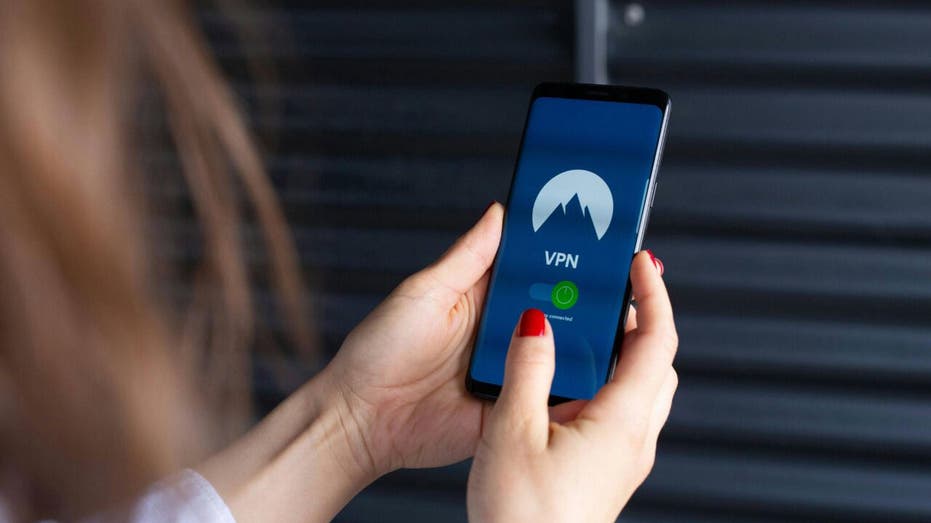Router VPNs vs. Device VPNs: Finding Your Ideal Privacy Solution

In an age where online privacy is paramount, Virtual Private Networks (VPNs) have emerged as essential tools for securing internet connections. They encrypt your data, making it significantly harder for unauthorized entities, such as hackers or your Internet Service Provider (ISP), to monitor your online activities. But when it comes to implementing a VPN, should you opt for a router-based solution or install it on each device? Let’s dive into the advantages and disadvantages of both methods to help you make an informed decision.
Understanding VPN Functionality
VPNs operate through two critical mechanisms: IP address masking and data encryption. When you connect to a VPN, it assigns you a temporary IP address from its server network, effectively obscuring your real location. This feature prevents websites and cybercriminals from tracking your activities based on your IP.
Simultaneously, VPNs encrypt all data transmitted between your device and the internet. This encryption ensures that sensitive information, like credit card numbers and personal messages, remains confidential and inaccessible to potential interceptors. By utilizing both IP masking and encryption, VPNs create a secure tunnel for your online traffic, significantly enhancing your digital privacy and security.
Device-Based VPNs: Pros and Cons
Most users are familiar with the experience of installing a VPN application directly on their smartphone, laptop, or tablet. In this scenario, the device connects to the internet via the VPN, ensuring that its activity remains secure. Here are some advantages and disadvantages of this approach:
Advantages:
1. **User-Friendly**: Installing a VPN app is straightforward, with many providers offering intuitive interfaces.
2. **Flexibility**: Users can switch server locations and customize security settings easily from the app.
3. **Cost-Effective**: If you only need protection for a few devices, using a VPN app can be more economical.
Disadvantages:
1. **Device Limitations**: Not all devices support VPN applications, particularly smart home devices or older gaming consoles.
2. **Manual Management**: Users need to manage installations and settings on each device individually, which can be cumbersome.
Router-Based VPNs: A Comprehensive Solution
On the other hand, setting up a VPN directly on your router offers a different set of advantages. This method allows every device connected to your home Wi-Fi—smartphones, laptops, gaming consoles, and even smart TVs—to use the VPN without individual configuration. Here’s what you need to know:
Advantages:
1. **Whole-Home Protection**: Every device connected to your network automatically benefits from the VPN, including those that don’t support VPN apps.
2. **Simplified Management**: Once configured, the router handles all device connections, eliminating the need for individual installations.
3. **ISP Privacy**: A VPN router ensures your ISP cannot track your online activities, allowing you to access geo-restricted content seamlessly.
Disadvantages:
1. **Compatibility Issues**: Basic routers provided by ISPs often lack VPN support, necessitating the purchase of a compatible router, which can start at around $50.
2. **Performance Constraints**: Encrypting traffic requires processing power. If multiple devices are connected, a standard router may struggle, making a high-performance router advisable.
3. **Complex Adjustments**: Changing server locations or security settings on a router can be more complicated than adjusting an app, requiring access to the router’s settings.
Setting Up a VPN Router
While configuring a VPN on your router may seem daunting, it significantly enhances your digital security. Follow these steps to set up your router effectively:
1. **Choose a Compatible VPN Service**: Opt for a provider that supports router installations and offers comprehensive setup guides and customer support.
2. **Select the Right Router**: Ensure your router is compatible with VPNs and features robust security protocols, such as WPA3 encryption, to safeguard your network.
3. **Install the VPN**: Follow the provider’s instructions to configure the VPN on your router, typically involving entering your credentials and selecting a server location.
4. **Test Your Connection**: After configuration, verify that your VPN is functioning correctly and all connected devices are protected.
5. **Utilize Additional Security Features**: Take advantage of your router’s capabilities, such as guest networks and parental controls, to enhance your home network security further.
Choosing the Right VPN Solution
When deciding between a router-based VPN and a device-specific VPN, consider your individual needs. A VPN router offers the convenience of blanket protection across all devices, ideal for households with multiple users. Conversely, if you prefer flexibility and control over specific devices, using a VPN app may be a better fit.
In either scenario, using a VPN is a significant step toward safeguarding your privacy and securing your online activities. What aspects of online security are most important to you when browsing the internet? Feel free to share your thoughts or questions.
For ongoing tech tips and security alerts, subscribe to our newsletter and stay informed about the latest developments in online privacy and security.



